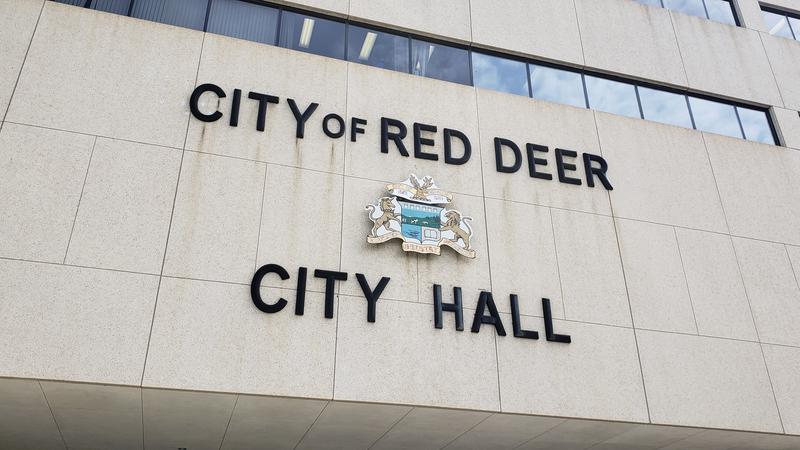
Red Deer city council approves resolutions towards addictions recovery approach
Red Deer city council will be moving forward on the goal of one day becoming a leader in addictions recovery.
At Tuesday’s meeting, council unanimously approved two resolutions regarding a notice of motion titled “Building Red Deer as a Recovery Community”, brought forward by Mayor Ken Johnston and read into the record on September 26, 2022.
READ: Mayor Ken Johnston pursues goal of Red Deer becoming leader in addictions recovery
The first resolution states that council will adopt the report “Toward an Alberta Model of Wellness” by the Government of Alberta as a foundational guideline towards their own community-focused approach on recovery.


